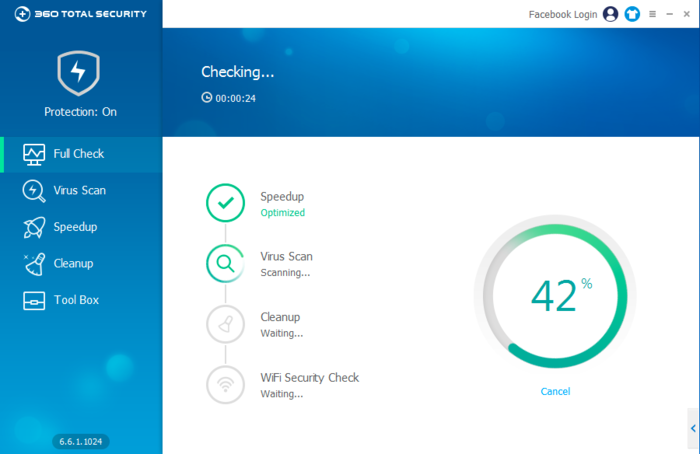

I couldn’t test phishing protection in K7’s antivirus because it simply lacks that feature. It's Surprisingly Easy to Be More Secure Online If this summary intrigues you, please read my full review of the antivirus. This last component lets you control use of USB drives, CD/DVD drives, and floppies, but it’s not the full-scale device control found in G Data Total Security and a few others.Īs you can see, you get a lot of security features from K7 even at the standalone antivirus level.

Other bonus features include a pair of simple privacy cleaners, a virtual keyboard, vaccination of USB drives against infection, and simple device control system. The antivirus will scan for vulnerabilities, abnormal system setting changes, and tracking cookies. And when I let K7 use all its protective layers, it detected and quarantined that breakthrough sample with ease.Įven at the standalone antivirus level, K7 includes a basic firewall that fends off outside attack and monitors local programs so they don’t misuse your network connections.

This protective layer blocked ransomware activity by all but one of the file-encrypting samples, which is better than many. I tested K7’s ransomware protection system by turning off all other layers of protection and releasing a dozen virulent real-world ransomware samples.

Like K7 Total Security, these successful products used a combination of steering the browser away from dangerous URLs and whacking any malware downloads that got through. McAfee, Sophos, and Vipre Advanced Security all blocked 100 percent of the samples. Trend Micro and G Data also scored 99 percent in their latest tests. With Web Protection active, the K7 suite scored 99 percent protection, almost entirely by preventing all access to the dangerous pages. It did eliminate 75 percent of the malicious payloads, but that’s a poor score overall. K7’s antivirus suffers a serious handicap in this test, as it doesn’t include the Web Protection component found in the suite. I launch each one, discarding those that are already defunct, and note whether the antivirus blocks access to the URL, eliminates the malware download, or totally misses the danger. For a different view of protection, I test using real-world malware-hosting URLs recently discovered by experts at London-based MRG-Effitas (Opens in a new window). That hands-on test uses a set of samples that remain the same for months.


 0 kommentar(er)
0 kommentar(er)
